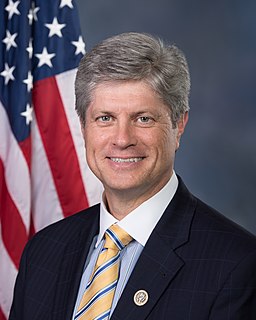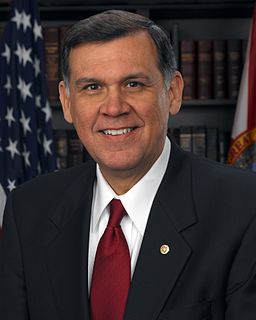A Quote by Ben Bradlee
National security is a really big problem for journalists, because no journalist worth his salt wants to endanger the national security, but the law talks about anyone who endangers the security of the United States is going to go to jail. So, here you are, especially in the Pentagon. Some guy tells you something. He says that's a national security matter. Well, you're supposed to tremble and get scared and it never, almost never means the security of the national government. More likely to mean the security or the personal happiness of the guy who is telling you something.
Quote Topics
About
Almost
Anyone
Because
Big
Big Problem
Get
Go
Going
Government
Guy
Happiness
His
Jail
Journalist
Journalists
Law
Likely
Matter
Mean
Means
More
National
National Security
Never
Pentagon
Personal
Personal Happiness
Problem
Really
Salt
Says
Scared
Security
Some
Something
States
Supposed
Talks
Telling
Tells
Tremble
United
United States
Wants
Well
Worth
Related Quotes
We have a media that goes along with the government by parroting phrases intended to provoke a certain emotional response - for example, "national security." Everyone says "national security" to the point that we now must use the term "national security." But it is not national security that they're concerned with; it is state security. And that's a key distinction.
I am deeply worried about Donald Trump on matters of national security. He doesn't know anything himself about it, and he has appointed a national security adviser, Mike Flynn, who is a pro-Russia conspiracy theorist, and he's just put Steve Bannon, a guy with connections to white supremacy and antisemitism, onto the National Security Council.
I'm not interested in embarrassing the United States. We as a nation need to foster a broader understanding of national security, and when in the name of national security the US government both overtly and covertly aligns itself with the apartheid state and against heroic freedom fighters for racial justice ... Not only in 1962 but also keeping in mind that Mandela was on the US terror watch list until 2008, that kind of myopic understanding of national security has devastating consequences.


































